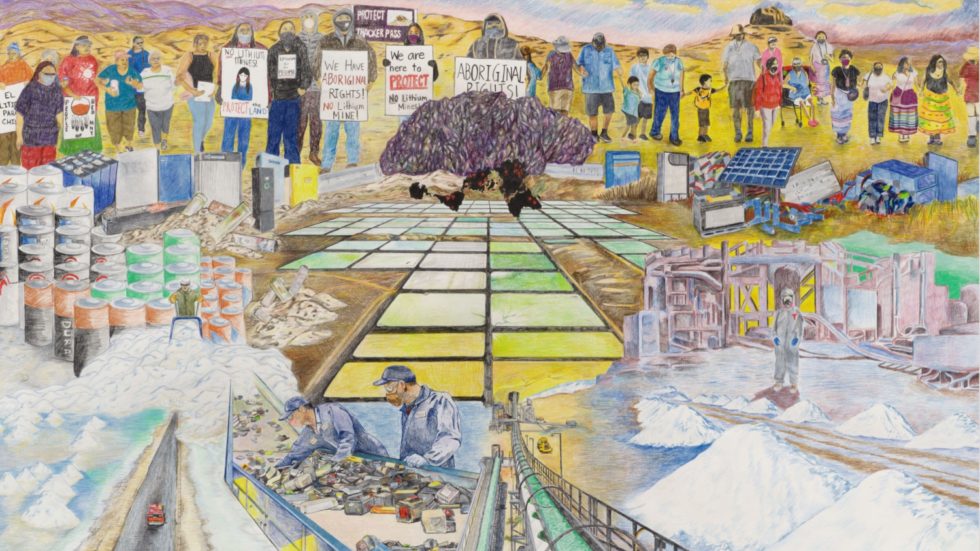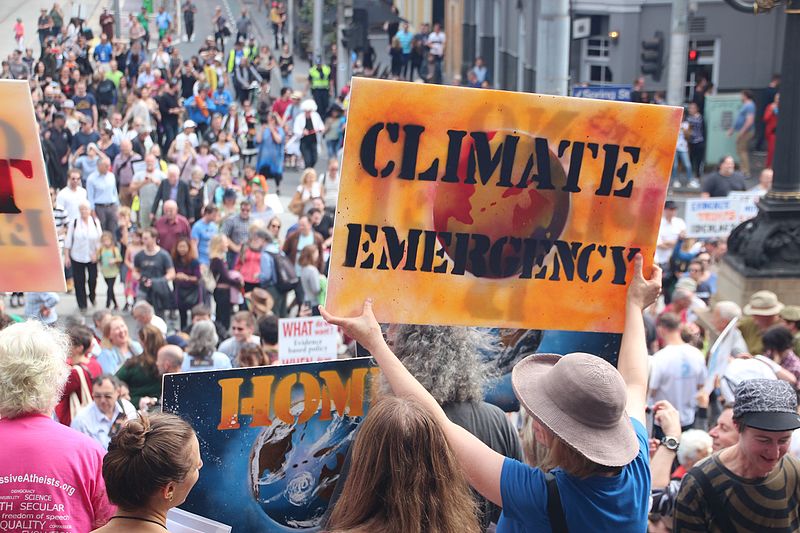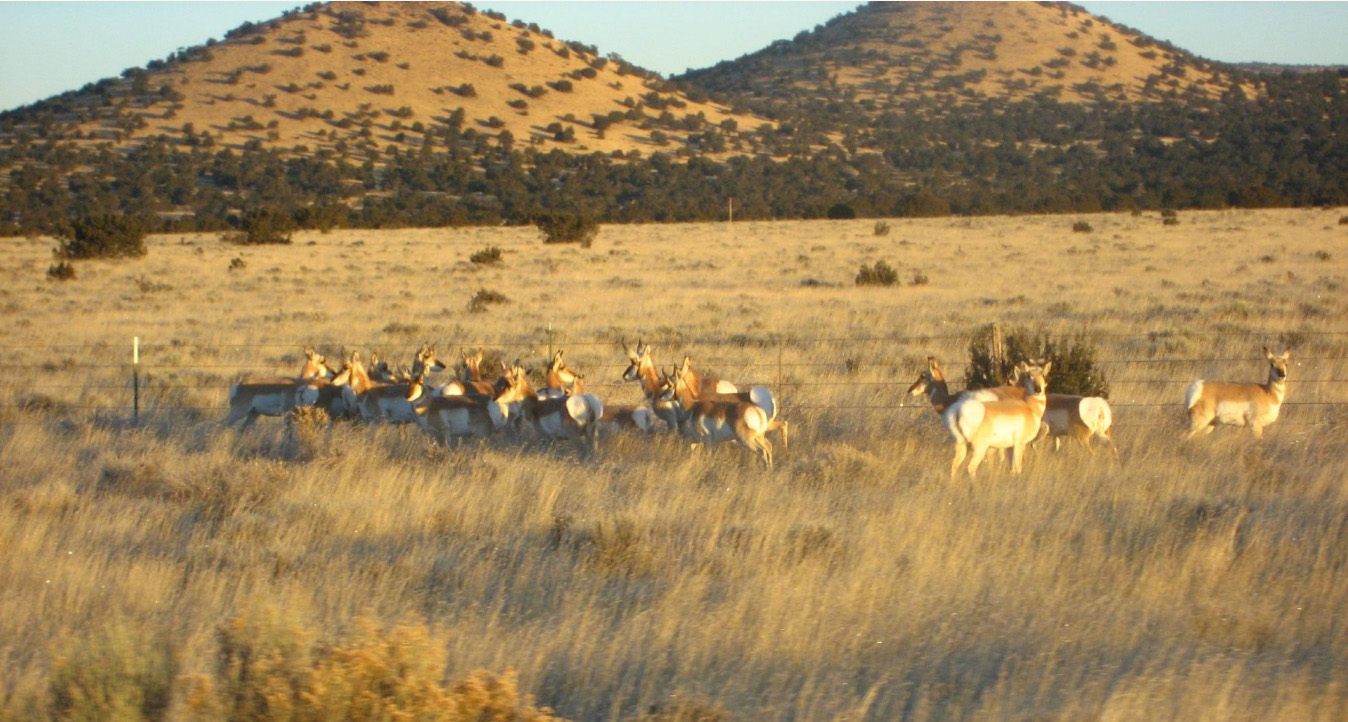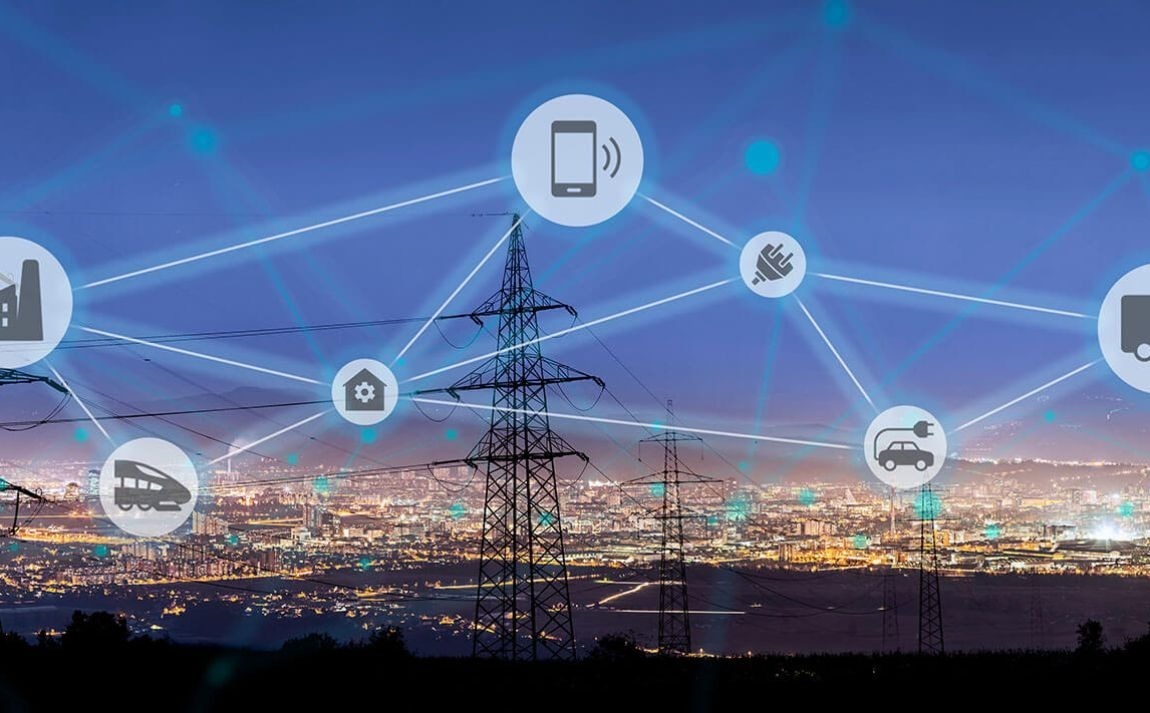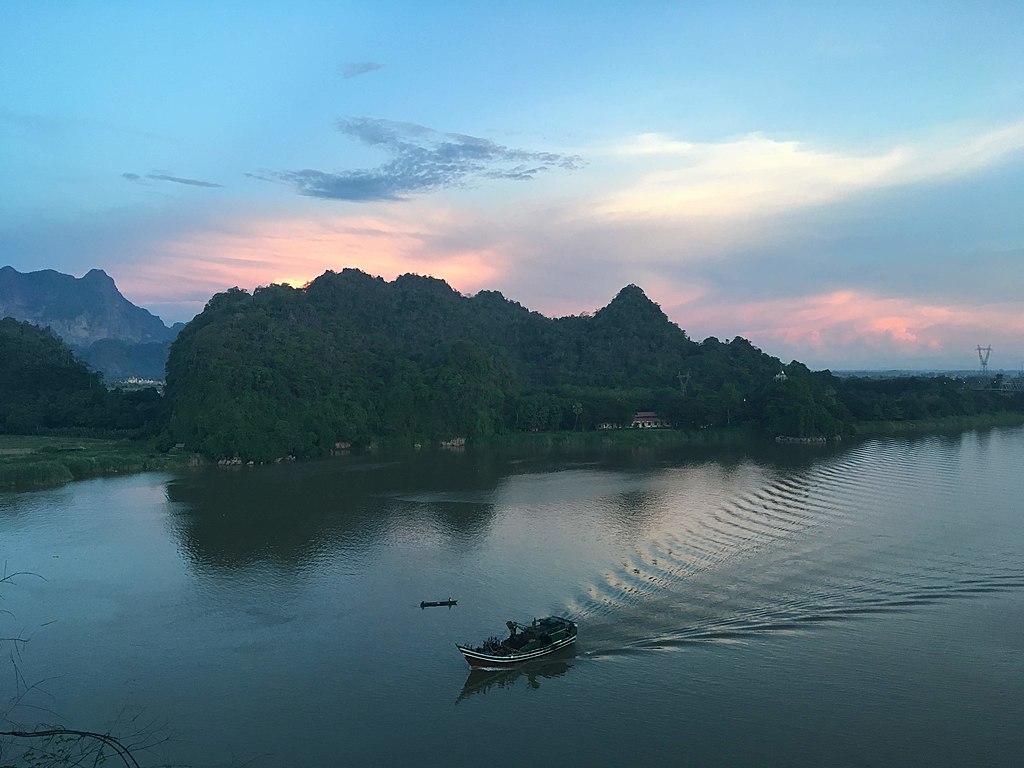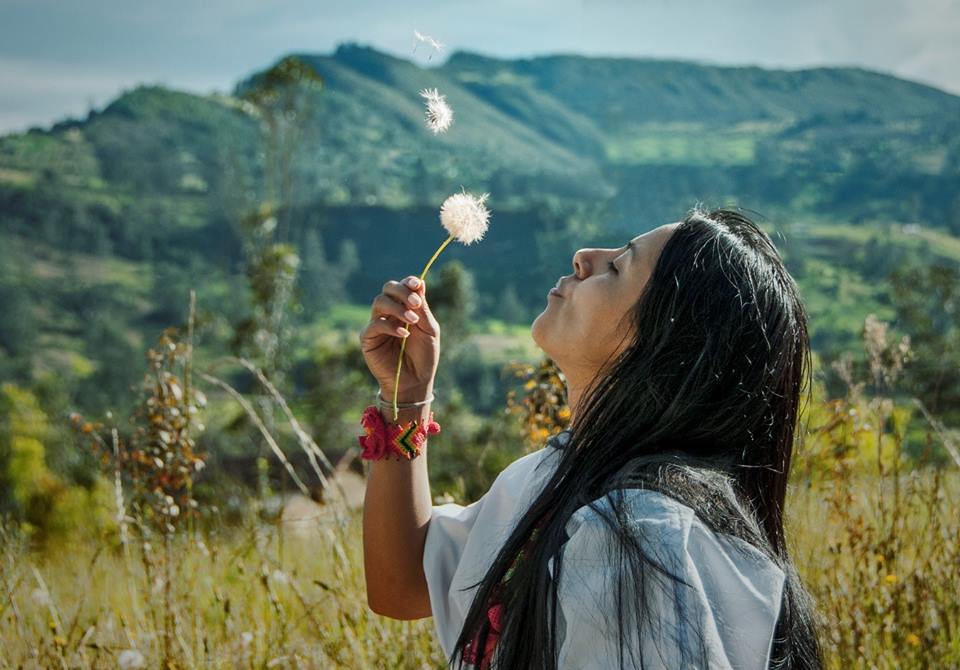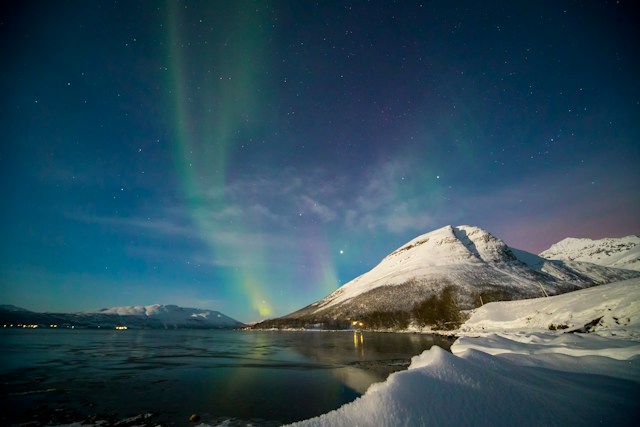
Norway Votes To Allow Deep-Sea Mining In Arctic Waters
Editor’s note: There is no way mining can be done in a “sustainable way and with acceptable consequences,” whether it is on land or in the sea. It is not a question of if we don’t, we will have to continue to use open pit mines and mountaintop removal. These forms of mining will continue regardless. Deep sea mining will only add to it. Norway likes to be perceived as a net-zero hero but the reality is that behind all of those electric cars and heat pumps, Norway is a major exporter of fossil fuels, and uses the income to pay for the new technologies. And now Norway wants to be a leader in deep-sea mining, too. This demonstrates that Norway is a country that cares little for the natural world if it means giving up its extractive economy for the conviences of a modern lifestyle. If mining is involved, there will be no green transition. ...
